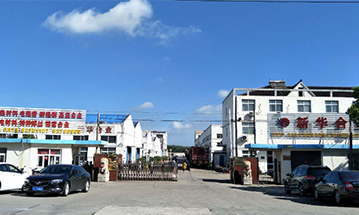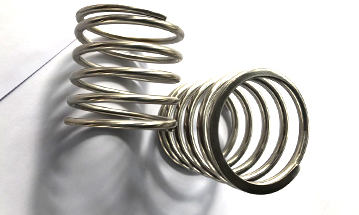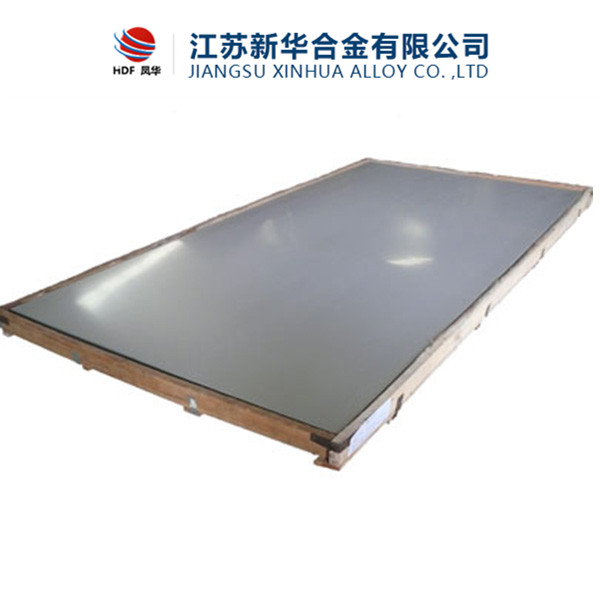-
Home
-
Company
-

-
Jiangsu Xinhua Alloy Co., Ltd.
Jiangsu Xinhua Alloy Co., Ltd. is a high-tech enterprise specializing in the production, research and development of special alloy materials. It is a well-known enterprise in the field of special nickel base alloy materials. In 2004, it passed ISO9001:2008 quality management system certification.
-
-
Product
-

-
Jiangsu Xinhua Alloy Co., Ltd.
Jiangsu Xinhua Alloy Co., Ltd. is a high-tech enterprise specializing in the production, research and development of special alloy materials. It is a well-known enterprise in the field of special nickel base alloy materials. In 2004, it passed ISO9001:2008 quality management system certification.
-
-
Equipment
-
News
-

-
Jiangsu Xinhua Alloy Co., Ltd.
Jiangsu Xinhua Alloy Co., Ltd. is a high-tech enterprise specializing in the production, research and development of special alloy materials. It is a well-known enterprise in the field of special nickel base alloy materials. In 2004, it passed ISO9001:2008 quality management system certification.
-
-
Service
-
Contact



